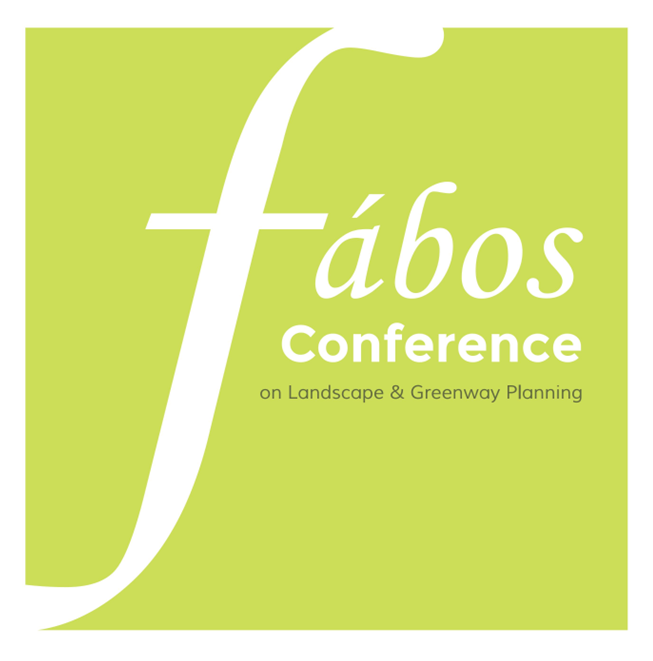Sculpture parks and positive mental health during the COVID-19 – Investigation of the effects of COVID‐19 pandemic on sculpture park’s visitation
Abstract
The existing COVID-19 pandemic circumstances are expected to cause a global mental health crisis due to isolation, fear, and financial and occupational instability (Rajkumar 2020; Torales et al. 2020). Over the last year, while so many of us have struggled with the pandemic's anxiety and isolation, connection with nature has been a vital source of relief for millions, allowing individuals to feel involved, invigorated, calmed, and focused. We have also seen an explosion of proof, particularly in the last ten years, demonstrating how both nature and creativity may serve as foundations for healthy mental and emotional well-being and how they can benefit those with both chronic and acute mental illness. The continued usefulness of sculpture parks as stress-relief and relaxation spaces during a pandemic crisis underscores the value of what researchers have been informing us for many years. With many galleries and museums closed, the sculpture park’s green outdoor space has emerged as an alternative, socially distanced public space punctuated with art, offering a similarly harmonious natural and creative balance.
This study looks at the influence of the world health crisis COVID-19 on sculpture parks visitation and the subsequent government restrictions on the epidemic in six European countries. It evaluates the significance of sculpture parks outdoor areas during this global health crisis. The collected data was primarily from the OXforford Coronavirus Government response tracker and Google’s Community Mobility Reports. Residents' need for outdoor green spaces such as sculpture parks has increased since the COVID-19 pandemic, emphasizing the sculpture parks outdoor spaces’ critical role and advantages primarily on their wellbeing and mental health. We conclude with recommendations to sculpture park managers and other decision-makers about planning and management during similar health crises. Sculpture Parks could be used during pandemics to improve mental and physical health and enhance individuals' social well-being.
Keywords: wellbeing, social distancing, sculpture, health crisis, landscape architecture.
How to Cite:
Benkaid Kasbah, S. & Eplényi, A., (2022) “Sculpture parks and positive mental health during the COVID-19 – Investigation of the effects of COVID‐19 pandemic on sculpture park’s visitation”, Fábos Conference on Landscape and Greenway Planning 7(1). doi: https://doi.org/10.7275/tg19-zx58
Downloads:
Download PDF
460 Views
170 Downloads

